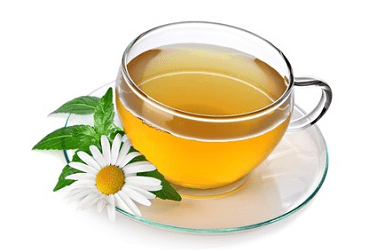Phytotherapy >>>> Plants that inhibit enzymatic activity
Plants that inhibit enzymatic activity.

Medicinal plants that inhibit enzymatic activity in diseases of organs that provide fermentation during digestion (hypersecretion of enzymes) will help to avoid many diseases of the gastrointestinal tract (gastritis, ulcers, colitis). Excessive secretion of enzymes has a destructive effect on the walls of the stomach and intestines, for this reason, medicinal plants and phytopreparations containing mucus, tannins, which have an enveloping, anti-inflammatory and reparative effect, will be useful as components of herbal infusions and as food elements.
Marsh calamus, chamomile, calendula, elecampane are plants with anti-inflammatory and reparative properties, they relieve inflammation, have a healing effect on various microtraumas of the walls of the stomach and intestines. Plants containing pectin (edible physalis, baked apples) and mucus (licorice) reduce the activity of many enzymes (eg pepsin) when eaten. Starchy substances obtained from potatoes, rice, oatmeal will create a protective film, a barrier between the destructive action of enzymes (pepsin, hydrochloric acid) and the injured gastrointestinal tract.
Oils are obtained from some medicinal plants that are used as keratoplastic agents to stimulate tissue regeneration. Such herbal remedies include sea buckthorn oil, St. John's wort oil, rosehip oil.
There are a number of plants containing antienzymes (protein substances that block the action of enzymes - inhibitors of proteolytic enzymes). Antienzymes are found in fresh, thermally unprocessed plants: barley, legumes, wheat, corn. Antienzymes, blocking the activity of proteolytic enzymes, prevent the absorption of protein components of the diet, so their use should not be abused.

Read

Read



























